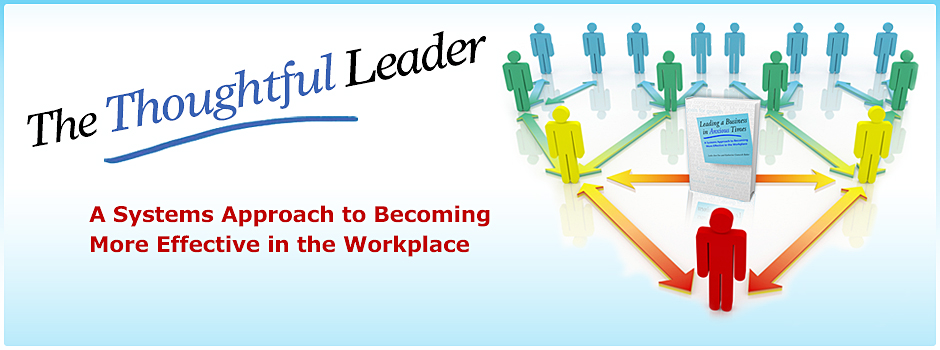In his 2008 book, A Sense of Urgency, change leadership expert John Kotter, Professor Emeritus of Leadership at Harvard Business School, asserts that “the single biggest error people make when they try to change is not creating a high enough sense of urgency among enough people to set the stage for making a challenging leap into some new direction.” Kotter cautions that it is important to distinguish between “constructive true urgency and destructive false urgency”. His words resonate with me deeply as a CEO and as a practitioner of systems-based leadership.
Working with clients on large scale transformative change over the past 40 years I recognize that constructive true urgency energizes people, and unleashes the creativity and passion needed to make changes successful for their family, organization, or in the wider community. Destructive false urgency makes people anxious. Anxiety lowers one’s energy, clouds the thinking of individuals and groups; it makes them more rigid and less creative. It causes people to spin their wheels rather than achieve successful change. The consequences of failing to change when necessary can threaten the survival of families, organizations, or whole societies.
As I reflect on the recent debates in the U.S. Congress over raising the debt ceiling and lowering the national debt, I have not been energized by what I have seen. Anxiety is contagious and I have caught it. I am exhausted from worrying about problems that are beyond my ability to solve—problems for which we have elected representatives to solve—people whom we count on to meet their responsibilities energetically but thoughtfully. I expect our leaders to create true urgency for us to change in a responsible way, not a false urgency that increases anxiety at the societal level and pulls down the functioning of everyone in our country. Like evaluating performance in the workplace, I am thinking about these recent events through the lens of systems-based leadership—trying to understand the underlying emotional process that has led to months of anxious behaviors being played out publically—risky behaviors that have damaged the trust of the United States by other nations and institutions in the global economy. I saw in the way our leaders handled this discussion the symptoms of anxiety that I observe in low performing organizations: blaming, stonewalling, name-calling, cliques, and indecision.
Have we become a society that is so anxious that it cannot think creatively, that it cannot tackle its toughest challenges? Have we become a country that cannot pull up its own functioning enough to make the changes necessary to survive and thrive in the 21st Century? What do you think? What anxieties got stirred up for you as the situation played out?
Leslie Ann Fox, August, 4, 2011
